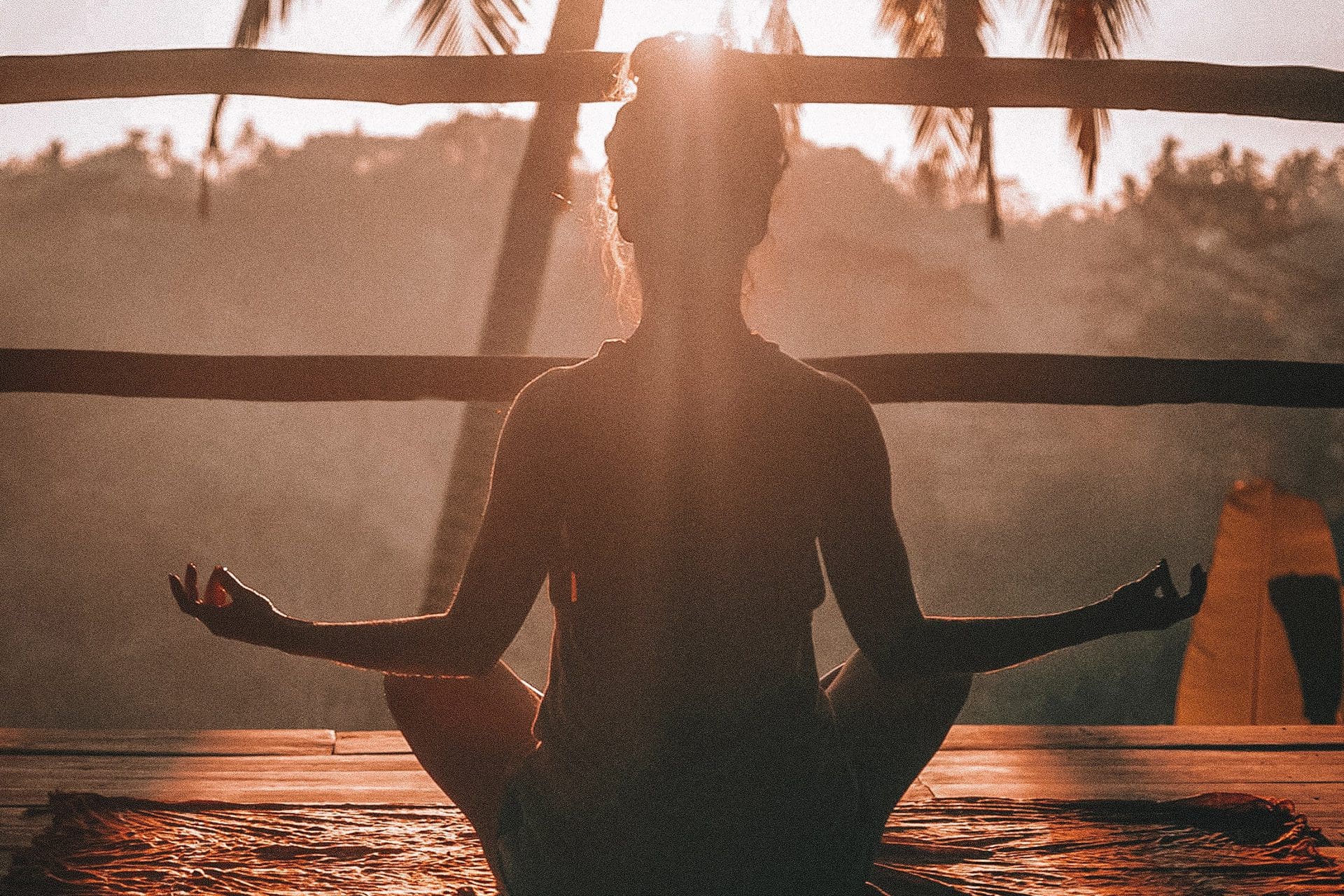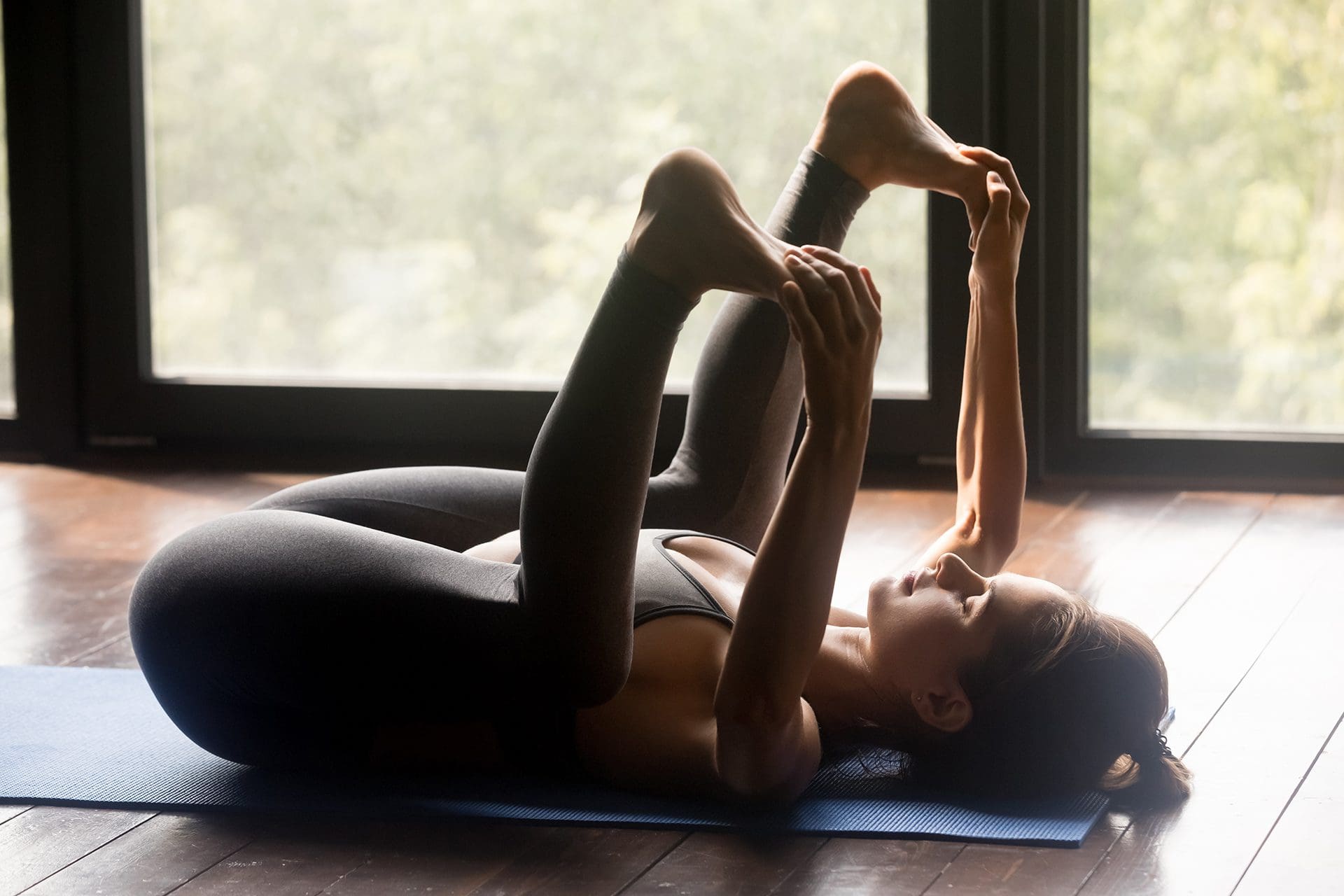Requirements for a yoga teacher training: How to become a yoga teacher & what qualification do you need?
Yoga has spread far and wide over the last few years. More and more people are turning to this wonderful transformative practice for various reasons, from stress relief to weight loss and even a complete lifestyle change. Many practitioners are also considering yoga teacher training certifications to level up their practice, teach friends and family, or as a professional career. So how do you get started? What are the requirements for yoga teacher training courses? If you’re here looking for those answers, you’ve come to the right place. In this article we address some of the most common questions and steps on how to become a yoga teacher.

Yoga experience: One of the most frequently asked questions about the qualification for yoga teacher training is how much experience do you need to become a yoga teacher. There’s good news for you. To start with a basic 200-hour yoga teacher training program that is Yoga Alliance approved all you need is a healthy body and mind, commitment and dedicated time. There are many online yoga teacher training courses you can consider doing while continuing with your day job and responsibilities. Or, if you can take out the time to do an in-person yoga course, there are schools like Sampoorna Yoga who offer comprehensive in-person teacher training programs. While there are no prerequisites, it is recommended you have some exposure to yoga practice. This will help you understand yoga philosophy and concepts as well as ensure good progress with yoga postures. You will also be able to gain more out of the course content and focus on developing your teaching skills and knowledge.
Strength and stamina: To be a good, effective yoga teacher, it is beneficial to develop physical strength and stamina. While a basic course (whether 200-hours, or a shorter course like a 50-hour Yin Yoga course) does not have many criteria, for you to progress in physical asanas, strength and stamina matters. For this, having a disciplined practice is key. You can join a class with a yoga teacher to learn beginner-level postures or to progress to intermediate and advanced poses before signing up for a course. Learning to hold postures for longer, doing more repetitions, developing awareness and even learning breathing exercises will help increase your strength and stamina so you can gain more out of your yoga teacher training program.
Flexibility and balance: Similar to developing strength and stamina, your flexibility and balance also matters. Now, this is not only on a physical level, but flexibility and balance in the mind also plays a role. The more mentally balanced you are, the better your focus and concentration is during your yoga teacher training. Keeping an open mind and flexibility towards learning the various practices (200-hour teacher training modules also include Shat Kriyas or cleansing practices, introduction to Mudras or gestures, and more) will help you get a better grasp of everything you are taught during your course.
Desire and dedication: You might be thinking “Great, there are no prerequisites to a basic yoga teacher training program. Let me sign up today.” But hold on. Do you have the desire and dedication required to become a yoga teacher? Yoga teacher training programs are not only about yoga asanas. There are modules on the origin of yoga, history of yoga, different styles of yoga, yoga anatomy and physiology, yogic concepts like Panchkoshas, and more. The practices include Pranayama, Shat Kriyas, Yoga Nidra, meditation and yoga postures. You will also learn to develop teaching skills. Moreover, if you have the desire and dedication, you can overcome any challenge during the course. For example, if you lack confidence or fear public speaking (in this case speaking to a group of students), your desire to teach will motivate you to overcome your fear. With the right attitude, you can overcome all challenges and more. This positive, dedicated attitude will help you excel as a teacher, too. So, before signing up ask yourself if you are truly ready for much more than exercises. If your answer is yes, we can assure you, you will have a deep, transformational and impactful experience!
Read now: Why choose Sampoorna Yoga School for your Yoga Teacher Training course?
An open mind: If you are ready to become a yoga teacher, keeping an open mind and having an honest, impartial and motivating outlook is important. Every individual body and structure is different. Each practitioner will have different levels of motivation and aspirations. This will apply even to your batchmates. When joining your first yoga teacher training program, take up the course with an open mind. During the classes, maybe another student’s asana alignment is slightly different, or maybe one student lacks arm strength. Have an accepting, open, non-judgemental attitude towards everyone in the class. This will help you observe strengths and weaknesses of your own and others, acquire knowledge, competence and virtue. Remember, your job as a teacher does not end with just demonstrating an asana. It is about guiding each student, inspiring them, and helping them grow holistically.

Now that you know the qualities and qualifications to become a yoga teacher, spend enough time choosing the right program. Go through the syllabus, teaching hours, contact and non-contact hours, etc. If you are considering an in-person yoga teacher training program, look up the daily schedule, community, and other offerings like food and lifestyle at the shala. Is the training going to be intensive? Will you have enough time for self-study? Ask the yoga school as many questions as you need to. You want to ensure you are comfortable so you can give the course your best.
After completing your basic 200-hour yoga teacher training program, you can decide your next steps. Do you want to pursue a 300-hour yoga teacher training course? Or do you wish to try another style of yoga, like Yin yoga? Or, start teaching immediately? Or, do you want to spend more time on self-study and self-practice? Remember, while there are no formal qualifications to get started with teacher training, to go from a passionate yoga practitioner to a professional teacher, it will take time and commitment. To become a good, credible and qualified yoga teacher, you have to keep up your yoga practice, study and learn about different yoga philosophies and knowledge, and continuously upskill yourself.

